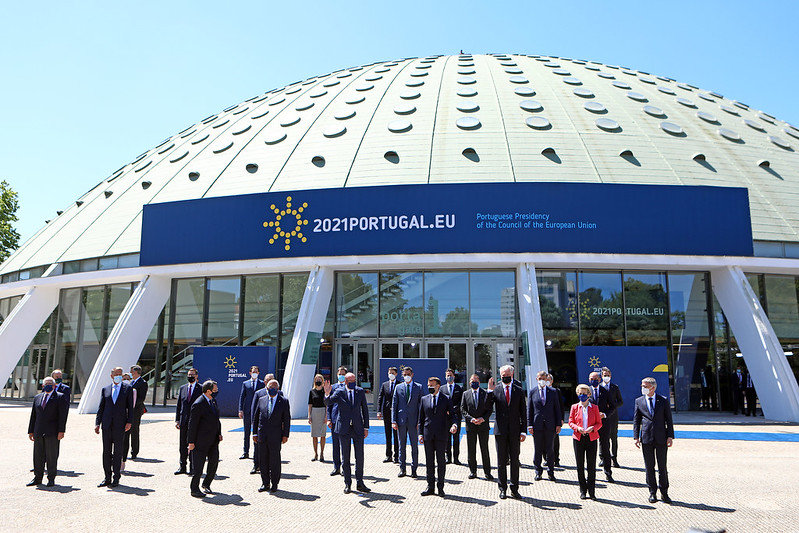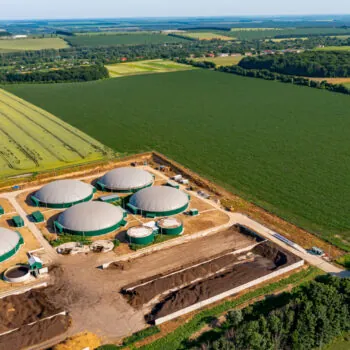- The 11 June Energy Council will be a defining moment for the EU and will set the scene for the biggest proposals related to the European Green Deal.
- Now is the moment to implement an ambitious and holistic reform that will address buildings emissions, quality of life and energy systems all at once.
Story
This is a defining moment for the European Green Deal. In July, the Commission will propose the first “wave” of legislation to implement the bloc’s climate targets, followed by a second wave in the autumn.
In the next couple of years, we’ll know if the Commission is meeting the climate commitments on the basis of which her position was secured in 2019. This is the moment to implement an ambitious and holistic reform that will address building emissions, quality of life and energy systems all at once.
With this Council, the Portuguese Presidency gives Member States the opportunity to signal to the Commission their priorities for coherent and comprehensive legislation for the decarbonisation of our energy systems. In particular, it will be the first indication of their appetite to tackle two critical building blocks of the next step of deep decarbonisation: bringing the renovation of Europe’s houses to the next level and preparing the phase-down of fossil gas.
This year, the world is watching if the EU will be a trailblazer toward net zero emissions and define the blueprint for a global economic and socially just transformation, in line with climate neutrality. The IEA Net Zero report is a clear indication of the efforts needed to decarbonise the global economy. The EU must go faster than average.
To get there, fossil gas consumption must peak by 2025 falling 32% by 2030 and 96% by 2050 on 2015 levels. No new oil and gas fields can be approved for development, and advanced economies should reach overall net-zero emissions electricity systems by 2035. No new fossil fuel boilers can be installed after 2025, and all new buildings must be net-zero compatible by 2030. Industrial emissions must fall 95% by 2050, through a circular economy, industrial efficiency, electrification, hydrogen, and carbon capture, utilisation and storage.
Things to look out for at EU Energy Council
1 – A possible decision on EU infrastructure policy
It is still unclear whether energy ministers will successfully reach an agreement on the energy infrastructure policy during the Council. The Presidency aims at achieving a general approach, but Member States are still split on several issues – including the reintroduction of gas projects in the eligible scope of the EU’s energy infrastructure regulation (TEN-E). Ministers should give a clear steer rather than muddy the waters when it comes to gas infrastructure. This requires them to exclude these projects and turn/go against generic support for blending hydrogen into existing and new gas grids as part of the TEN-E. A bad deal on the TEN-E Regulation has high potential impact to delay decarbonisation of gas infrastructure, support stranded assets and drive up costs for consumers, setting a bad precedent for the upcoming legislative package this year.
2 – A push for high ambition in the upcoming package
The Council will discuss the follow up on the renovation wave, the future of gas markets and hydrogen. Energy markets must deliver more consumer choice, social justice, and ensure vulnerable consumers have net-zero emissions options, while increasing competition between energy solutions rather than just gas-on-gas competition. The Renovation Wave holds the potential to deliver on multiple aspects at once. It should not only benefit the EU citizens in energy poverty, but unlock new markets, skilled jobs creation and large scale clean energy deployment, including buildings. This requires a market that helps focus high value resources such as hydrogen on end-use sectors where no other efficient solution exists and where it has the biggest climate-positive impact.
3 – A moment of international scrutiny
The Fit for 55 package and this Energy Council fall into a climate super year. With a re-energised global climate agenda after US elections, a G7 summit in the UK that could boost global “Better Recovery” and ahead of COP26 co-hosted by Italy.
This is an opportunity for the EU to show its continued leadership by delivering a vision for a post-hydrocarbon world. This would show clear steps towards implementation, in terms of decreasing fossil fuel consumption and opportunities to cooperate on clean energy investments.
Quote on EU Energy Council
Raphael Hanoteaux, E3G gas expert said:
The EU is entering a make-or-break moment for the European Green Deal and for climate action in general. The pathway to full decarbonisation of our economies is clear. We need to stop using fossil gas and decarbonise buildings as soon as possible if we want to reach our 2030 climate and energy objectives.
Available for comment
Raphael Hanoteaux, E3G Senior Policy Advisor on Gas Politics (TEN-E, hydrogen, gas)
+32.496.205.903 – Raphael.hanoteaux@e3g.org
Adeline Rochet – Senior Policy Advisor for Place-Based Transition (Renovation wave)
+32.470 118 580 adeline.rochet@e3g.org



